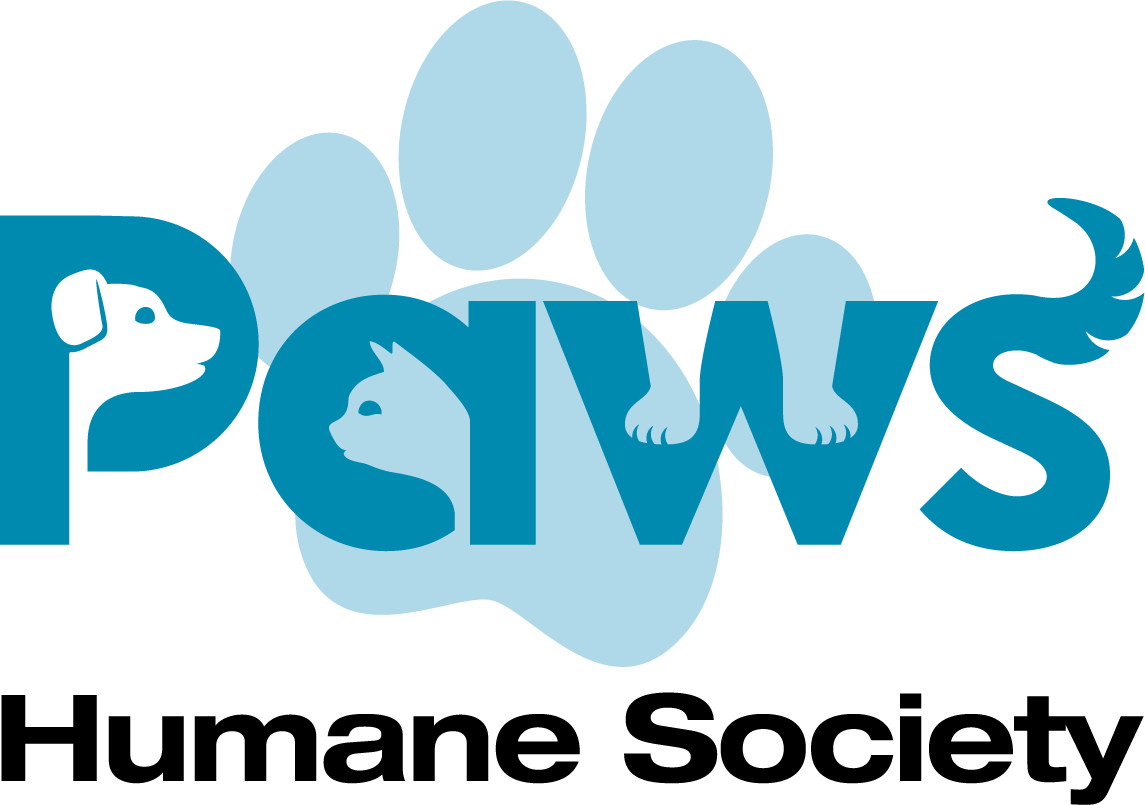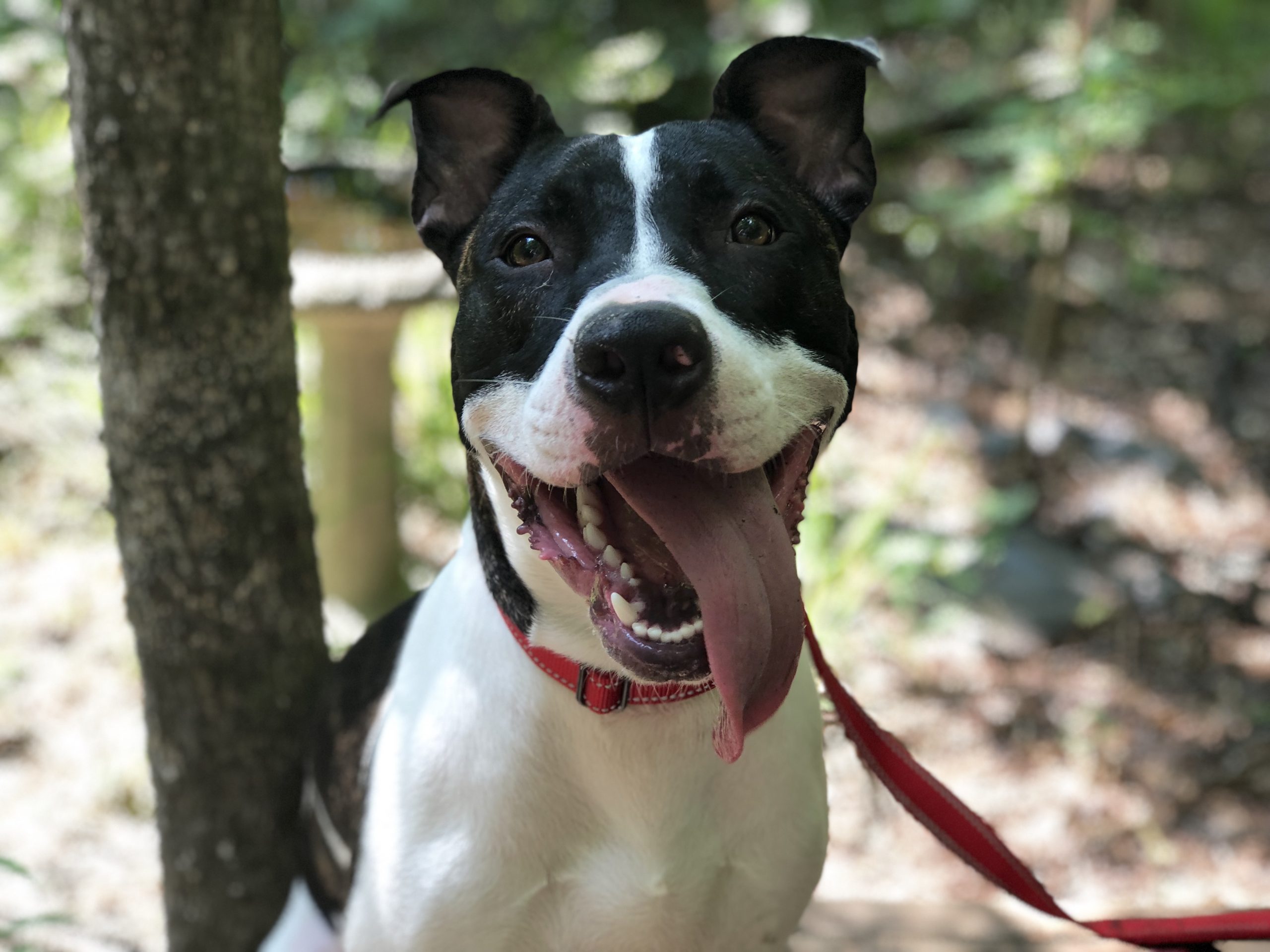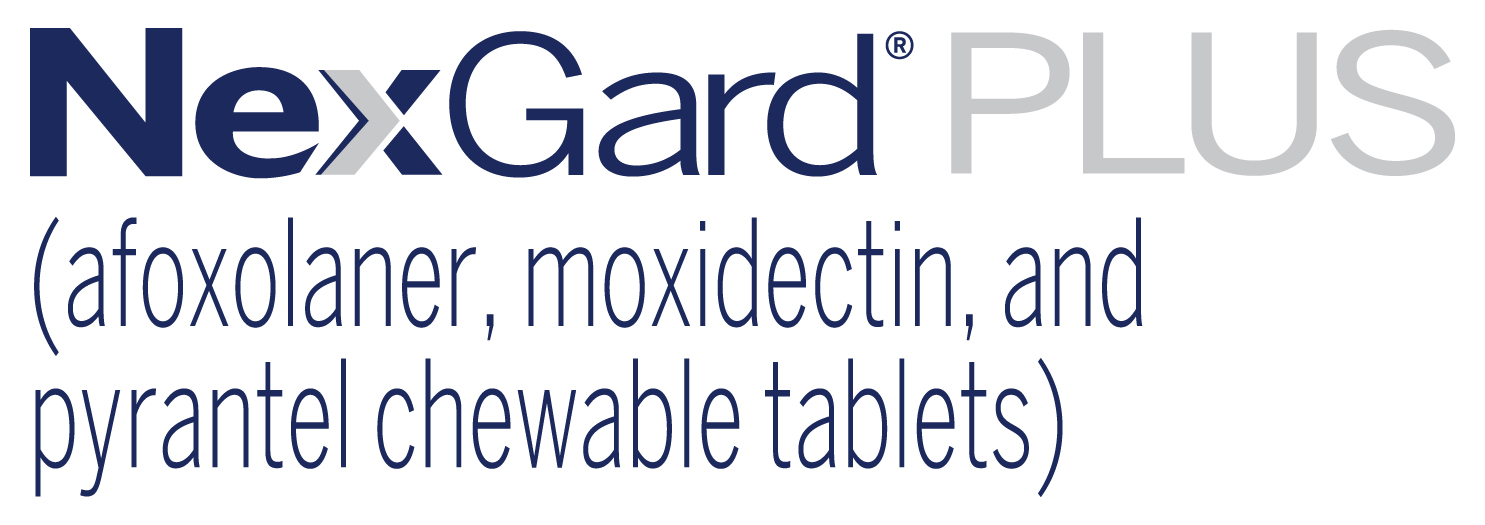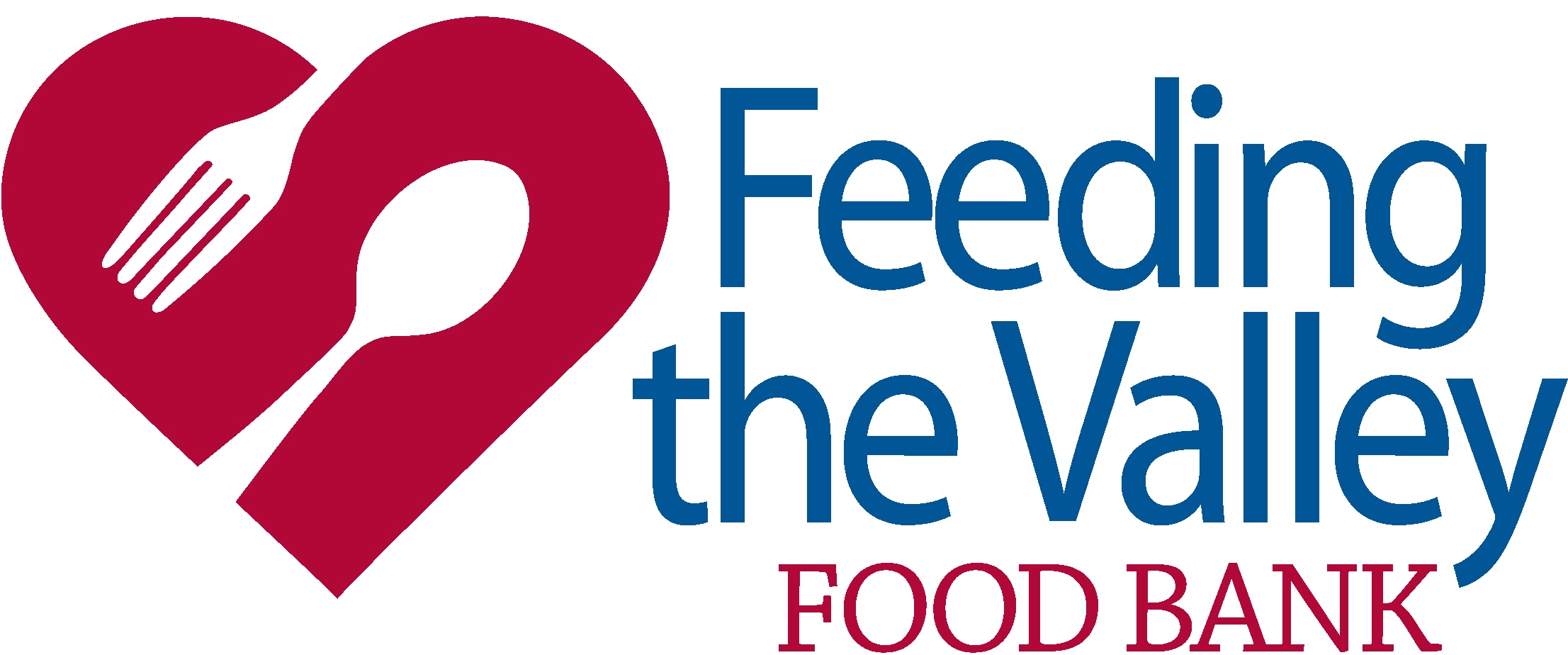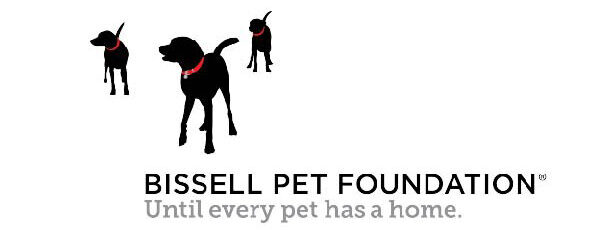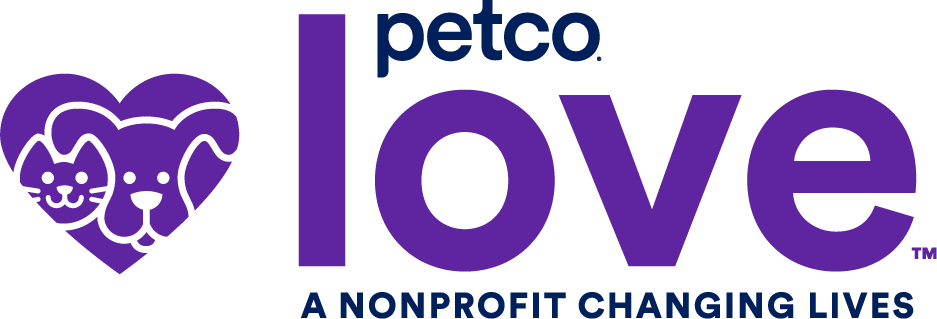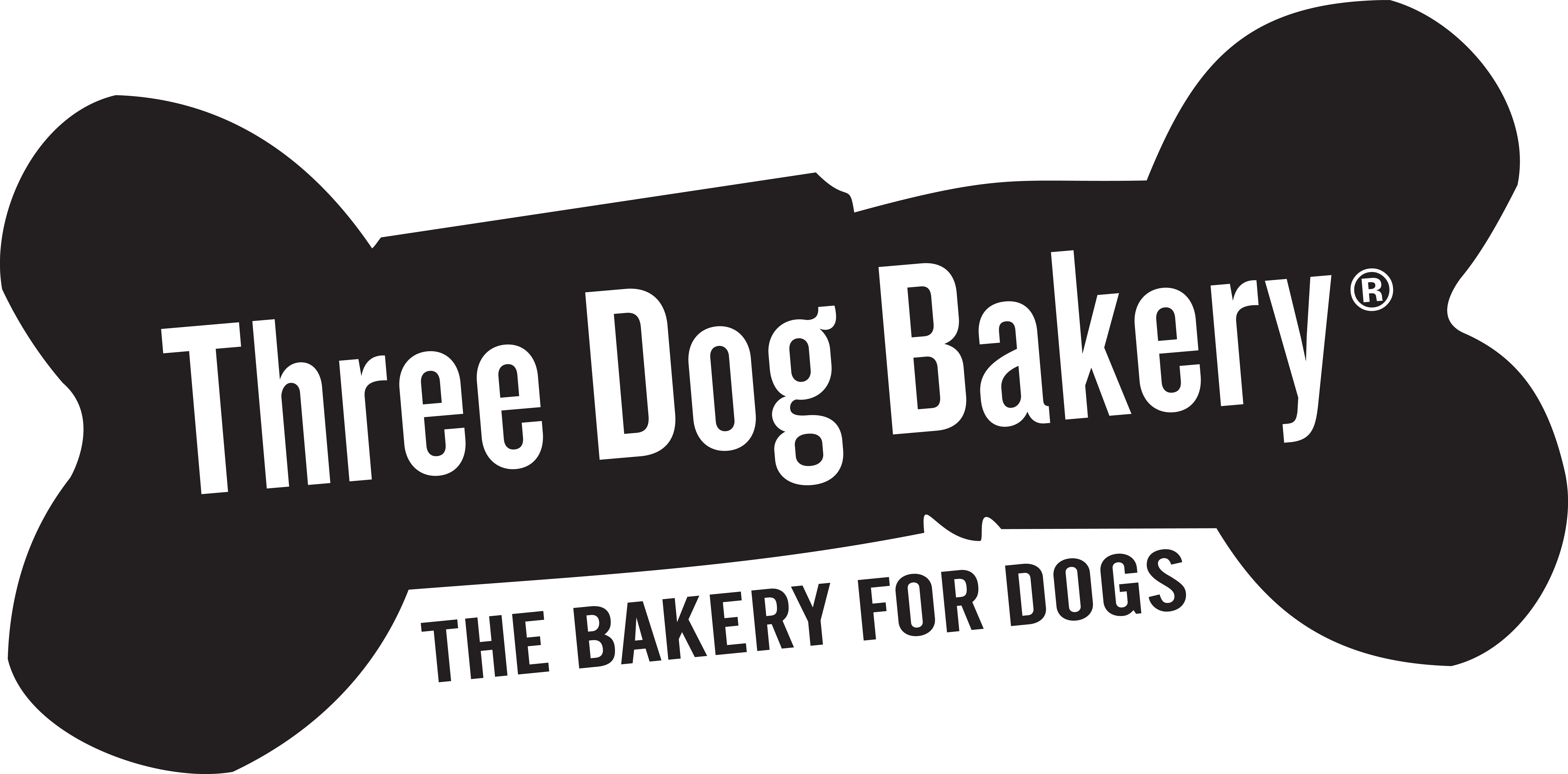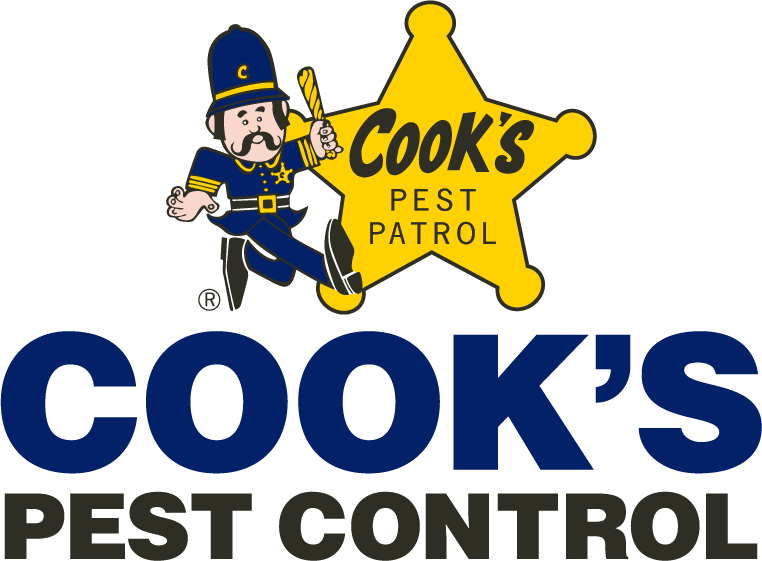Paws Humane Society, like all animal shelters and boarding facilities in Georgia, is licensed by the Georgia Department of Agriculture. Many states do not require inspections and licensing of facilities within their jurisdictions. Unfortunately, this allows more room for the proliferation of well-meaning but misguided rescue efforts.
On any given day Paws Humane Society houses 100 animals, not including those in foster homes. The care we give these creatures each day provides the foundation for everything we do once we take them in to our facility. The Department of Agriculture provides a very basic set of standards. However, at Paws, we go much further than this.
In 2011, the Association of Shelter Veterinarians published the “Guidelines for Standards of Care in Animal Shelters”. This publication addresses everything from intake procedures to enclosure size to maintaining the mental health of the animals we care for. It’s a tall order but I’ve seen it make a big difference in terms of live outcomes when shelters begin to adopt these practices.
At Paws Humane Society we also take into consideration the Five Freedoms which originated in 1965 with a report issued by the UK Technical Committee tasked with a study of intensive livestock operations. Although the report was initially focused on farm animals, it was later distilled into the list we have today which has been adopted internationally as a basic guide for keeping companion animals in any high density environment.
We use the Five Freedoms, along with the other standards, to guide our day-to-day operations and ensure that the care each animal receives is appropriate to her needs, which may at times be unique. The concepts are simple:
- Freedom from hunger or thirst: This freedom seems hardly worth mentioning because it is so basic and it is contained in most state laws and local ordinances. Still, when you are caring for large numbers of animals it should be built into the standard operating procedures followed by staff members so there are no gaps in care.
- Freedom from discomfort: Animals should have easy access to shelter from rain, cold and heat. This requirement is also contained in most state and local law books.
- Freedom from pain, injury or disease: Disease prevention has to be an active endeavor. It begins with sound intake protocols which include vaccination on intake. The second line of defense is achieved through prompt diagnosis and treatment once an issue is suspected. Incoming animals which are injured or diseased should receive treatment as soon as possible. Unfortunately, this does not always occur in many cash-strapped municipal shelters.
- Freedom to express normal behavior: This freedom requires that sufficient space be set aside for individual housing. Opportunities should be provided for animals to socialize and engage in play with their own kind, as their individual temperaments allow. This outlet is essential to long-term mental health for any animal.
- Freedom from fear and distress: Some animals handle the shelter environment well, while others do not. Soft bedding, toys, even music can help animals relax. A well-run foster program allows opportunities for fearful dogs and cats to live in quiet homelike settings until they are cleared for adoption. Even well-balanced dogs and cats can feel the strain of shelter life over time. This is where staff members and volunteers can provide relief by allowing animals to relax in our office space or by spending a little time in their space.
All it takes is a little empathy and common sense to give stray and unwanted animals the support they need to go on to successful outcomes and it is something we take seriously at Paws Humane Society.
